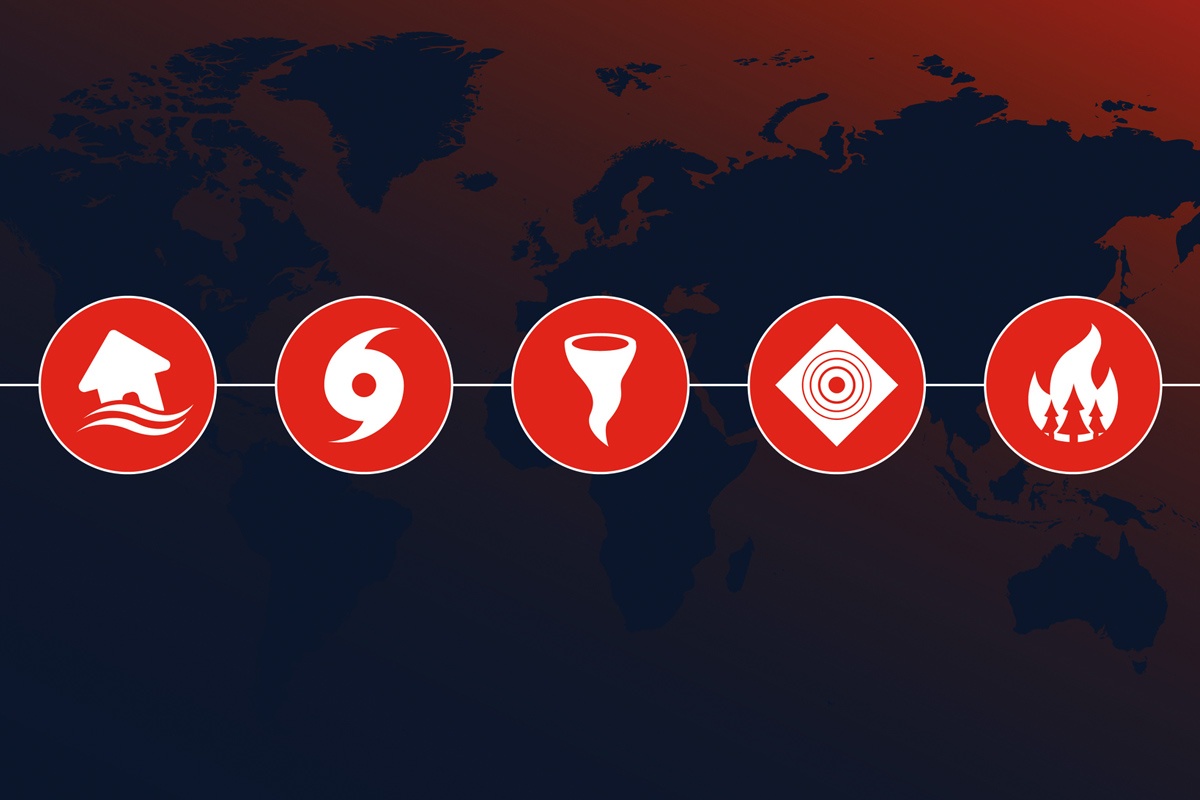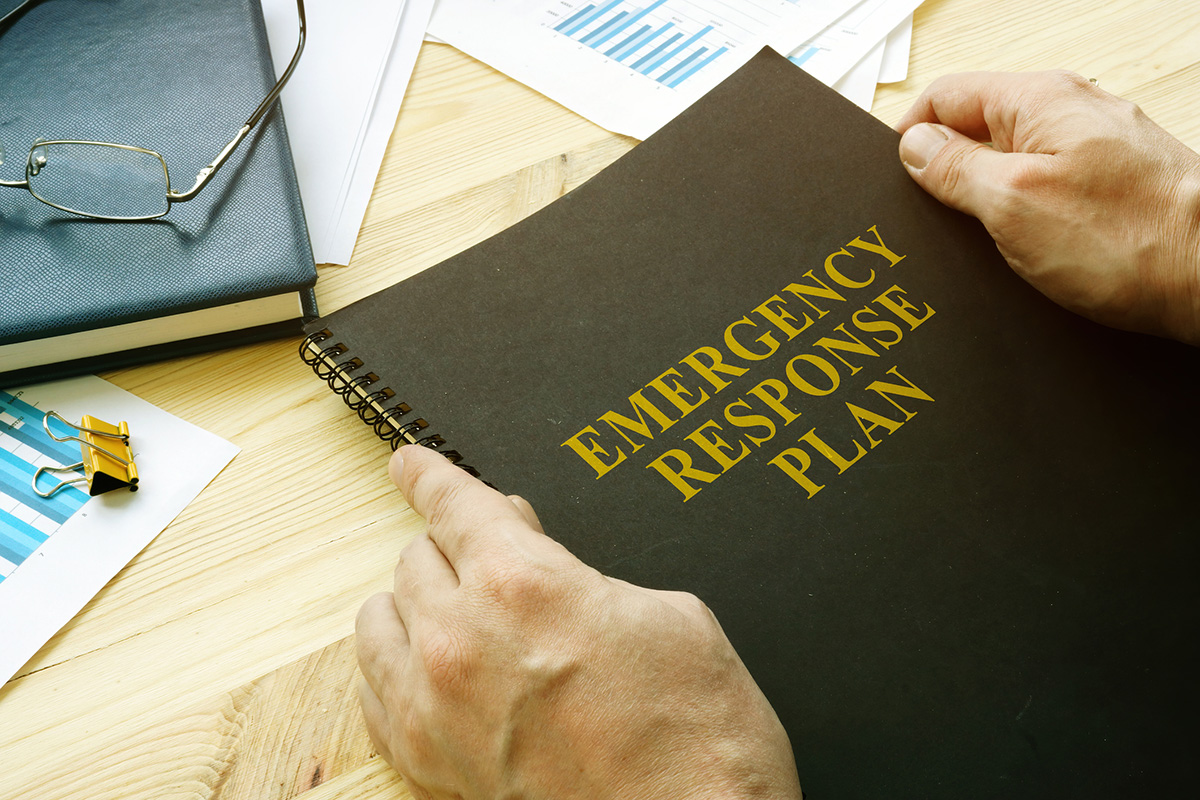Natural disasters continue to be dangerous and costly events in the United States. Consider these statistics from the 2022 National Climate Report published by the National Centers for Environmental Information:
- In 2022, 18 separate weather and climate disasters in the U.S. incurred financial losses exceeding $1 billion.
- Total disaster costs for 2022 exceeded $165 billion, demonstrating the third highest cost on record.
- Between 2016 and 2022, 122 separate billion-dollar disasters have killed at least 5,000 people.
What responsibilities do employers have during natural disasters? Employees are right to be concerned about their rights during these crises, whether they work in roles that are directly affected by natural disasters and other major weather events or not. How much personal risk do they need to take during natural disasters? What can their employers require of them, and what can they not?
In this article, we’ll outline some of the major considerations around workers’ rights during natural disasters.
Supporting Employees During Natural Disasters
Before we explore the legal considerations for employee rights during natural disasters, it’s important to acknowledge why all of this is important. Treating employees well and building a strong organizational culture has many benefits beyond simply following the law. Missteps from executives or other leaders during crises can leave a lasting impact on an organization’s reputation, their ability to retain employees, and more.
So, as we consider the potential legal ramifications for employers during natural disasters, keep in mind that it makes good business sense to treat employees fairly whether the law supports it or not.
OSHA and Natural Disasters
The Occupational Safety and Health Administration requires employers to protect their workers from unreasonable danger in the workplace, including any natural phenomenon that threatens their safety and health.
If an employee is working during a state of emergency or natural disaster, and the employee feels that they have been put in danger, they can file a complaint with OSHA and request whistleblower protection to protect themselves against retaliation for reporting unsafe conditions.
Related: How Businesses Keep Workers Safe During Natural Disasters
Pay and Work Hours During Natural Disasters
In an article published by the Society for Human Resource Management, the authors provide a breakdown of considerations for pay and work hours for exempt and nonexempt workers during natural disasters. Some highlights include:
- Employers do not have to pay nonexempt employees for hours they were not able to work during natural disaster closures. For instance, if a nonexempt employee was scheduled to work a shift, but then the business shut down in response to a state of emergency, the employer does not owe them compensation. An exception can occur when nonexempt workers work an “unspecified number of hours for a specified salary.”
- Exempt employees should receive their regular and full salary during natural disasters if the company is closed for less than a workweek. Some companies may require exempt employees to use their leave during this time.
- If exempt employees take off less than a full day due to a natural disaster, the employer may not reduce pay for half a day, though they can deduct half a day from the employee’s leave balance. Employers also may not ask these exempt workers to “make up” the time they took off if they end up working more than 40 hours that week and should receive overtime pay.
- If an exempt employee takes off work for a longer period following a natural disaster, the company can ask them to use their leave time.
WARN Act Notifications During Natural Disasters
Another important consideration for employers – especially larger organizations – is the Worker Adjustment and Retraining Notification Act. The WARN Act requires an organization with more than 100 employees to give their workers 60 days’ advanced notice before a mass layoff.
In the case of natural disasters, however, notifications can be given less than 60 days in advance. In these scenarios, an employer “must be able to demonstrate that its plant closing or mass layoff is a direct result of a natural disaster.”
In an article published by the law office Jackson Lewis P.C., the authors explain that “The devastation following a hurricane would justify the lack of immediate notice.” Still, organizations should offer employees “as much notice as is practicable” and then explain why giving longer-term notice was not possible.
Education in Emergency Management, Human Resources and More
Here at Columbia Southern University, many of our students are working professionals in career fields such as EMS administration, emergency management, human resources, occupational safety and health, and other fields directly impacted by natural disasters.
To learn more our online degree programs for students in these and many other industries, visit our website.
Multiple factors, including prior experience, geography and degree field, affect career outcomes. CSU does not guarantee a job, promotion, salary increase, eligibility for a position, or other career growth.






